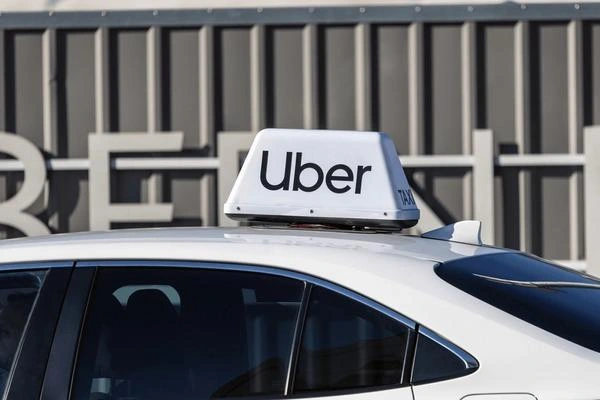
You can sue a rideshare company after an accident, but it depends on the circumstances of the crash. Because rideshare drivers are independent contractors, it’s not always clear who is liable.
Chicago is one of the busiest cities in the Midwest. There is a lot of traffic on the highways and the downtown area. The city is also a major hub for Uber and Lyft, with thousands of rides every day.
Because of this, accidents involving rideshare vehicles happen all the time, which is why a lot of people hire rideshare accident attorneys in Chicago for help. These cases make us think about what insurance covers and the responsibility of large companies.
When Can You Sue a Rideshare Company?
You can sue a rideshare company if its insurance covers your accident. You can also sue if the company was negligent.
The company’s insurance may apply if the driver turned on the app and a passenger was in the car.
Some common cases where lawsuits might be possible are:
- The driver was on the way to pick up a passenger.
- The driver was transporting a passenger at the time of the crash.
- The driver was logged into the app and waiting for a ride request.
During these phases, Uber and Lyft usually cover up to $1 million in liability.
What if the Driver Was Not on the App?
Most of the time, the company is not liable if the rideshare driver was not online. That’s when the driver’s own insurance coverage kicks in.
Many personal insurance policies, on the other hand, don’t cover drivers who work for rideshare companies. Because of this, people who have been in accidents may have a hard time getting compensation.
Can Rideshare Companies Be Negligent?
Of course, there are times when the business can be held responsible. For example, a ride-sharing service could be negligent if it:
- Didn’t conduct the right background checks.
- Allowed dangerous drivers to keep working after complaints were made.
- They did not get rid of drivers who had a history of traffic violations.
This kind of negligence could have led to the accident, so you might be able to sue the company.
Understanding Rideshare Insurance
Both Uber and Lyft offer multiple layers of insurance coverage:
- App off: Only the driver’s own insurance applies.
- App on and waiting for a ride: There is limited coverage, like $50,000 per person for injuries.
- Passenger in a Car: You are covered for up to $1 million in liability.
Even with this coverage, claims can still be disputed. A lot of the time, insurance companies fight over who is at fault.
There are often disagreements about who is liable for rideshare crashes. This is why it’s so important to understand how insurance works after a crash.
Key Takeaways
- There are some situations in which you can sue a rideshare company after an accident.
- Liability depends on what the driver was doing and whether the app was on.
- Both Uber and Lyft offer multiple layers of insurance.
- A rideshare company may be sued for negligence, like hiring unsafe drivers.
- Victims may include passengers, pedestrians, cyclists, and other motorists.








